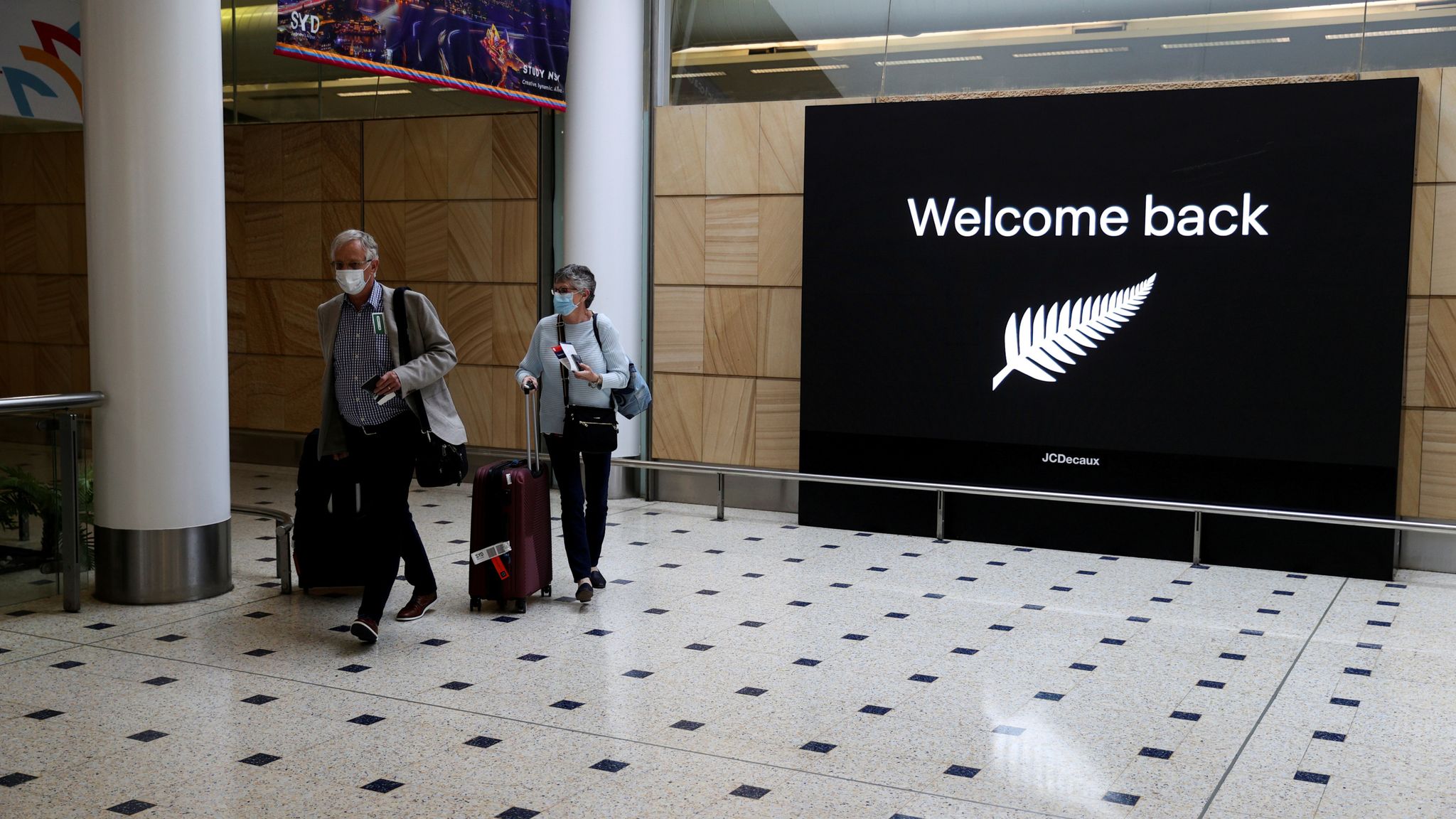

NSW will increase fines to people breaching lockdown rules in the state, where police will fine people up to A$5,000 ($3,700) “on the spot” for breaching stay-at-home orders or for lying to contract-tracing officials, said state Premier Gladys Berejiklian. The lockdown began at 5pm (07:00 GMT) and will last for at least seven days, according to the Sydney Morning Herald newspaper. “To minimise movement and protect our communities from the evolving COVID situation in Sydney, stay-at-home orders will be introduced for all of Regional NSW from 5pm tonight,” the state’s Deputy Premier John Barilaro wrote on social media. The order comes as locally transmitted infections jumped by 466 over the previous 24 hours in the country’s most populous state. Although it might not be possible or beneficial to replicate the exact same measures in different countries due to varying socioeconomic contexts, countries can consider policy alternatives and novel solutions developed by other countries and calibrate them according to their domestic circumstances and resources.Australia’s most populous state New South Wales (NSW) went into a snap lockdown on Saturday as COVID-19 cases continue to surge. We describe how each of these nine countries and territories have addressed these issues. We have identified five prerequisites for easing COVID-19 lockdowns and restrictions: knowledge of infection status, community engagement, adequate public-health capacity, adequate health-system capacity, and border controls.

In reviewing international experiences, we have been concerned about an apparent absence of clear and consistent strategies for exiting restrictions. In Europe they include countries that, in the initial wave of COVID-19, were (ie, Spain and the UK) or were not (ie, Germany and Norway) severely affected. In Asia Pacific, they include countries and regions with and without experience of severe acute respiratory syndrome (SARS) or Middle East respiratory syndrome (MERS). Five countries or regions were in the Asia Pacific region (ie, Hong Kong, Japan, New Zealand, Singapore, and South Korea) and four were in Europe (ie, Germany, Norway, Spain, and the UK). Using this comparative framework, we examined the measures taken in nine high-income countries and regions that have started to ease restrictions that were imposed in response to COVID-19, which were selected to provide a range of epidemiological experiences and policy responses. Adapting and building on these principles, we developed a framework with additional components and subcomponents ( panel). Have outlined four public-health principles that should be considered in each country's exit strategy: infection status, community acceptance, public-health capacity, and health-system capacity. Although the future of the virus is unknown at present, countries should continue to share their experiences, shield populations who are at risk, and suppress transmission to save lives. This comparative analysis presents important lessons to be learnt from the experiences of these countries and regions. To facilitate cross-country learning, this Health Policy paper uses an adapted framework to examine the approaches taken by nine high-income countries and regions that have started to ease COVID-19 restrictions: five in the Asia Pacific region (ie, Hong Kong, Japan, New Zealand, Singapore, and South Korea) and four in Europe (ie, Germany, Norway, Spain, and the UK). Governments worldwide now face the common challenge of easing lockdowns and restrictions while balancing various health, social, and economic concerns. However, lockdowns and other extreme restrictions cannot be sustained for the long term in the hope that there will be an effective vaccine or treatment for COVID-19.
Case total lockdown lessons world full#
Many countries have implemented restrictions on population movement to slow the spread of severe acute respiratory syndrome coronavirus 2 and prevent health systems from becoming overwhelmed some have instituted full or partial lockdowns. The COVID-19 pandemic is an unprecedented global crisis. The Lancet Regional Health – Western Pacific.

The Lancet Regional Health – Southeast Asia.The Lancet Gastroenterology & Hepatology.


 0 kommentar(er)
0 kommentar(er)
